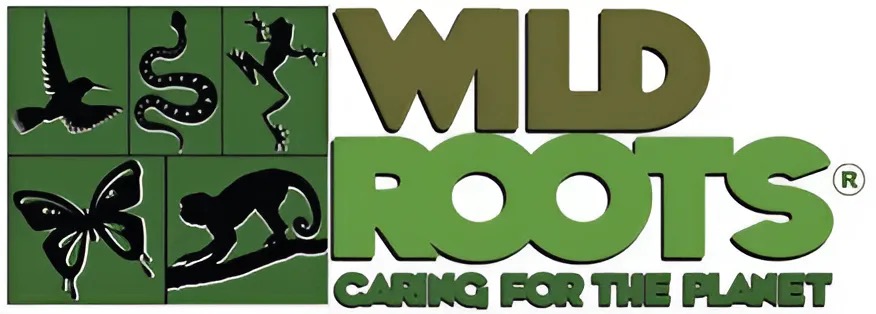.jpg)
WildRoots ‘BATWATCH’ - Our own Programme for Bat Conservation
Our 1st Activity-based Programme on 'Bat Observation, Student Action Research and Citizen Science' began today in Guwahati, Assam, India where students of Sanskriti the Gurukul - Dept. of Environment Science and St. Stephens School observed the roosts of the Indian Flying Fox (Pteropus giganteus) - or the Indian Fruit Bats around Panbazaar, Pani Tanki Area. Engaging two very focused groups from both the schools, the WildRoots - Batwatch was conducted by the Founder President which also involved 'Bat-Art' - Observing the Bats and creating some art for conservation, distribution of Origami Bats to general public, which had slogans and information about bats and Field Survey to record observations and behaviour of the Bats, which constituted the 4 hour programme.
.jpg)

For the Batwatch programme, the wonderful students of Sanskriti the Gurukul came up with a brilliant idea of making Origami Bats and distributing them to the people, during their 'Bat-Walk'. The Origami Bats had messages and information on Bats. Awareness indeed becomes interesting and innovative if spread in the most creative ways, through Art & Design. Some of these 'Bat-Origami' were also shared with the students of St. Stephens. During their observation the students counted about 450-500 Fruit Bats. The students were also introduced to Photographic Equipment like High-End Digital SLR cameras and Telephoto Lenses, and Optical Instruments like Binoculars. Through the 'lenses', the students got to observe the Behaviour of the Bats, up close. Basic composition techniques in Photography, ethics of Nature Photography and ways of using Photography as an effective conservation tool were also discussed with the students. The shots that they took of the Fruit Bats were amazing.
Photo Documentation of the Programme

.jpg)
.jpg)
.jpg)
.jpg)
.jpg)
.jpg)
.jpg)

Through the Lens!
We are indeed happy to connect the school students to the Bats and generate awareness about the Ecological Importance of the Bats, the important role that they play in pollination and dispersal of seeds, and even clear some misconceptions about Bats, in general. Leaving some protected areas, the main threat to the Fruit Bat species is 'habitat losses'. As uncontrolled 'Urbanization' takes its heavy toll on trees, the Bats are losing their roosts, their habitats. It is important that awareness is generated at the earliest among the community at large about the importance of these 'sentinels of night' busy in controlling insects like mosquitos or aiding pollination of many fruits and in the dispersal of seeds.
Bats are less understood, less talked about, misunderstood, feared and hated by humans. In other ways, they are considered as a 'delicacy' in some indigenous communities of India which raises many questions about the conservation of the species. We are not trying to address a thousand year old custom or practice and inspire the student community to orchestrate a movement against those communities. There is always an opportunity to connect with the students of those indigenous communities, spread the awareness and make them understand the importance of the Bats. Through its little initiatives and programmes WildRoots will always try to connect the student communities of the rural and urban and facilitate an exchange of information.

Hope that our little initiative will create a stir in the hearts of the young generation and they would be able to understand the negative effects of deforestation and 'man-made' habitat loss. We have started small...hope to go a long way with the support of our friends, patrons and well-wishers.
Hi 5 ✋ for the BATS!! SAVE THE BATS! RESTORE THE ECOSYSTEM!!
#savethebats #NatureForAll #iucncec

.jpg)
.jpg)

